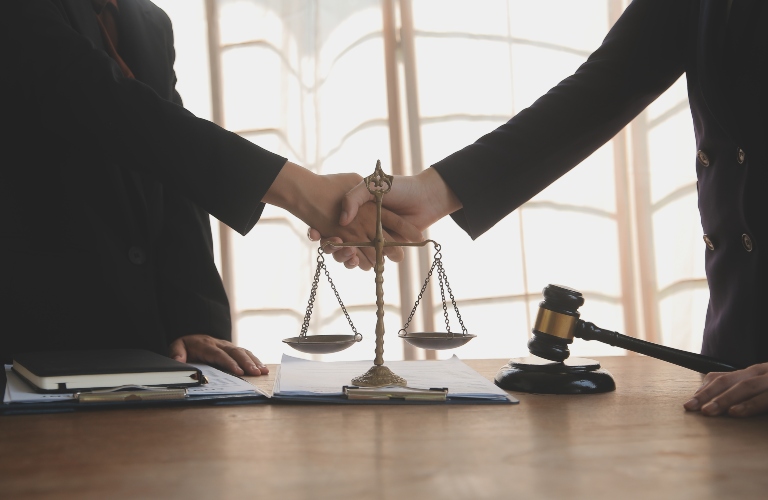
When a property has the location and amenities that your business needs, it’s easy to overlook the fine print: the details in your lease agreement. But these details can trip you up, cost money, and create headaches.
Some of the reasons to negotiate the terms of a commercial lease include:
- What if the fine print in your lease excludes certain types of vehicles on the property, or otherwise prevents your business from expanding the way you envision?
- What if the lease is silent on the property owner’s obligation to maintain aspects of the property?
- What if the property owner chooses to sell within the first year and the new owner wants to double the rent?
- What if you have a great idea but the lease won’t allow you to see it through?
When you’re running a business, you might not have time to call your landlord about every potential issue. It’s better to use a commercial real estate expert to sort these issues out in advance, allowing you to focus on your top priority.
Important Aspects of Commercial Property Leases
The main parts of a commercial lease should include:
- Rent amount and terms. The amount, date due, and form of payment should be spelled out. What’s the penalty for late payment? Where are payments sent? The length of the lease should be clearly outlined as well as information about renewal.
- Descriptions. The property, specific space, and parties to the lease should all be defined in detail.
- Termination and Force Majeure Clauses. These define circumstances under which the lease is nullified or parties protected from forces beyond their control, such as a pandemic or natural disaster.
- Physical plant. This should describe acceptable activities and zoning limitations. This paragraph should also define responsibilities for maintenance or alterations.
- Insurance. How is the building insured, and how are you protected by that policy? What types of insurance are necessary?
- Defaults and resolutions. This portion defines a default and describes how it can be overcome or the lease terminated. The method of resolving disputes over the lease should be spelled out.
When you sit down to sign a lease, read and review each portion carefully. Better yet, have it reviewed by an attorney who knows your industry and can point out any omissions and unusual terms. Things to watch for include:

- Property taxes passed along as common area responsibilities. Ask questions. Does sharing the property taxes mean that your share increases when other tenants move out? Is your share capped in any way?
- Work out any pro rata terms to ensure things are divided evenly or equitably.
- If there are any side deals, like snow plowing in exchange for electricity or other credit for improvements, put them in writing.
- Does the lease stipulate that you can install the signage that you want? Are there limits on exterior items, like sales racks, banners, or lighting? If items like this are not written into the lease, they should be part of an addendum.
- Who do you contact in an emergency? Is there a stipulation that allows you a say in choosing facility managers?
- What is the policy on subletting, or insurance implications of subcontractor use of your leased space?
Having a Legal Ally Can Make a Big Difference
Experienced real estate attorneys are a solid investment in your future. By having your lease reviewed by a professional you may avoid costly and complex issues hidden in the fine print of a commercial lease.
A boilerplate lease is insufficient, and a professional property manager shouldn’t promise anything that they won’t put in writing. When signing a commercial lease, WKFK Law is your trusted partner who will look out for your best interests.


